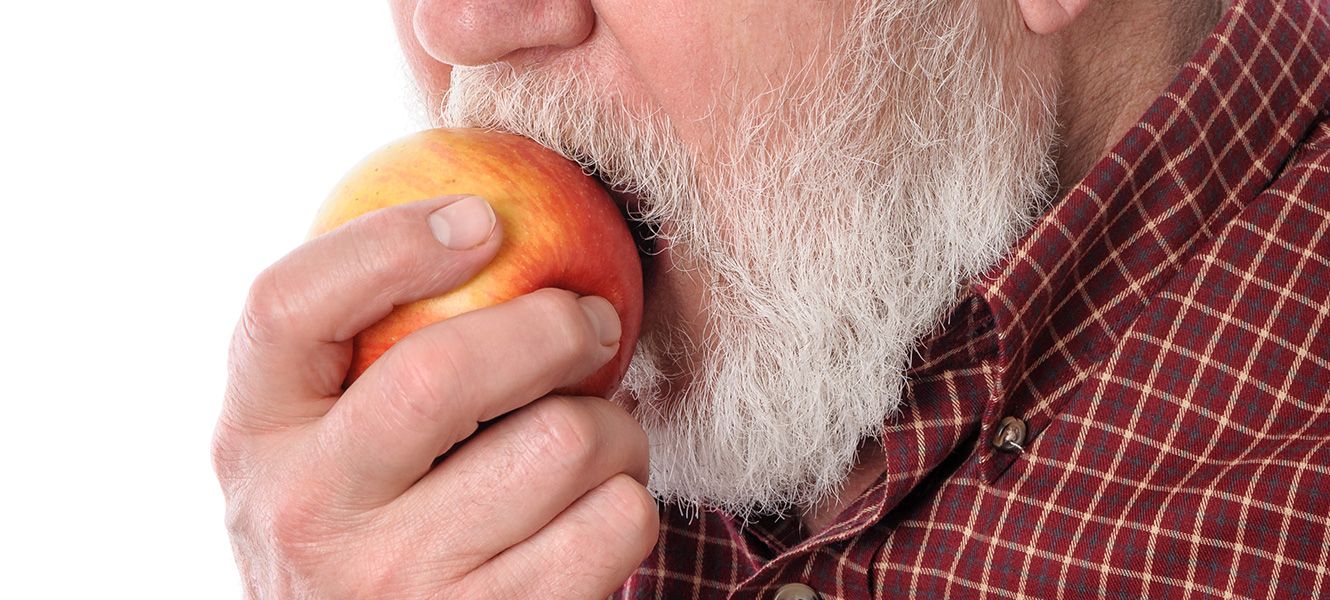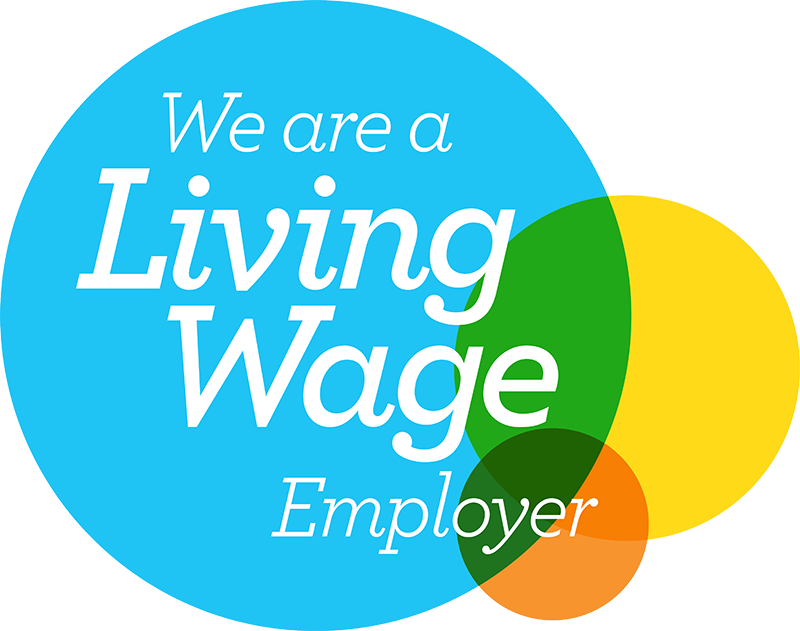
Nutritional Advice When Caring For a Vulnerable Adult
At Wessex Care, we put a huge emphasis on providing healthy and balanced meals for our residents. We feel it’s vital that all of our residents have all the right nutritional options they need every day.
According to Age UK, the number of people over the age of 60 that are at risk of malnutrition is rising. This can be a big problem for vulnerable adults who live alone and who simply forget to eat properly, especially if they have a condition such as dementia.
If you are caring for or helping a relative who seems to be losing weight or you are unsure if they are eating properly, then there are several things you can do.
Check for Underlying Health Conditions
Some older people simply forget to cook or eat at regular intervals. Other times, it may be down to something such as dental problems or having difficulty chewing, meaning that they would rather avoid it but they fail to mention this or may be embarrassed to discuss it with you. Getting them to visit their doctor or local dentist for a check-up can certainly help to rule out any underlying issues surrounding eating.
Other physical issues can get in the way of eating properly such as arthritis, where a person may find packaging difficult to open. Or poor eyesight might also be an inhibiting factor, meaning that they are unsure what the item is and are worried about eating it.
Help Tips for Encouraging Vulnerable Adults to Eat
There are a lot of different aids for more vulnerable, elderly and disabled people that can make the kitchen a much friendlier place including perching stools, kettle tippers and devices for opening packaging such as electric tin openers. They may also benefit from having a food processor to break down foods which they may struggle to chop by hand and also chew.
The best way to help someone live as independently as possible at home to feed themselves is to ensure that there are plenty of easy to prepare and eat foods on their shopping list and in their fridge. These could include things like:
- Yoghurts
- Healthy balanced ready meals which have soft textures
- Soups
- Pre-chopped soft fruit and vegetables, with dips as snacks or to have as part of a meal
- Porridge pots that simply require adding hot water (be sure to get the low sugar options)
Talk to the person about their favourite foods and ensure that they are also included in their diet to encourage them to eat. You can help by clearly labelling foods and putting them in set places so that the person can find and recognise them easily – explaining where things are as the shopping is being put away.
Ensuring Good Nutrition
There is a lot you can do to ensure that your elderly loved one eats the right things and does so regularly. This could include:
- Swapping low-fat milk and yoghurts to full-fat ones.
- Preparing meals that can easily be heated up in the microwave.
- Getting individuals to eat at set times of the day.
- Opening packaging and putting food in more user-friendly containers.
- Sitting down and eating with them.
It’s not just the quantity of food that your elderly relative is consuming that matters, it’s the quality. Some people can be quite fussy about what they eat which makes things more difficult. Where possible you should be including:
- Plenty of fruit and vegetables. Dark greens like broccoli and spinach have lots of important nutrients that contribute to health and wellbeing.
- Fibre is also important as digestion slows down in older people. Include things like wholemeal bread and plenty of vegetables. Ideally, you should have between 20-30 grams of fibre in your diet.
- A good mix of protein, fat and carbohydrate.
- Foods like cheese and milk are essential too for maintaining calcium levels and good bone health.
As well as the right food, of course, hydration is important. If older people forget to eat, they usually also forget to drink water. Dehydration can often occur quickly and may also lead to problems such as urinary tract infections.
Prompting Loved Ones to Eat
While you can buy all the food necessary, prompting elderly relatives to eat at set times can be challenging, especially if they live alone. A quick call at mealtimes may suffice but you might need to visit to ensure that they are eating when they should be. Home care services can also be used to help prepare meals or provide visits for the vulnerable person where you or other family members may not be able to.
At Wessex Care, our community service is designed to provide support to individuals within the home, including helping to prepare or provide meals.
Contact us today to find out more




